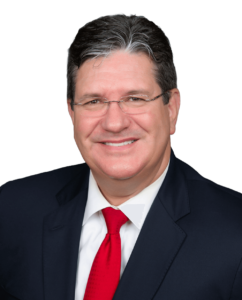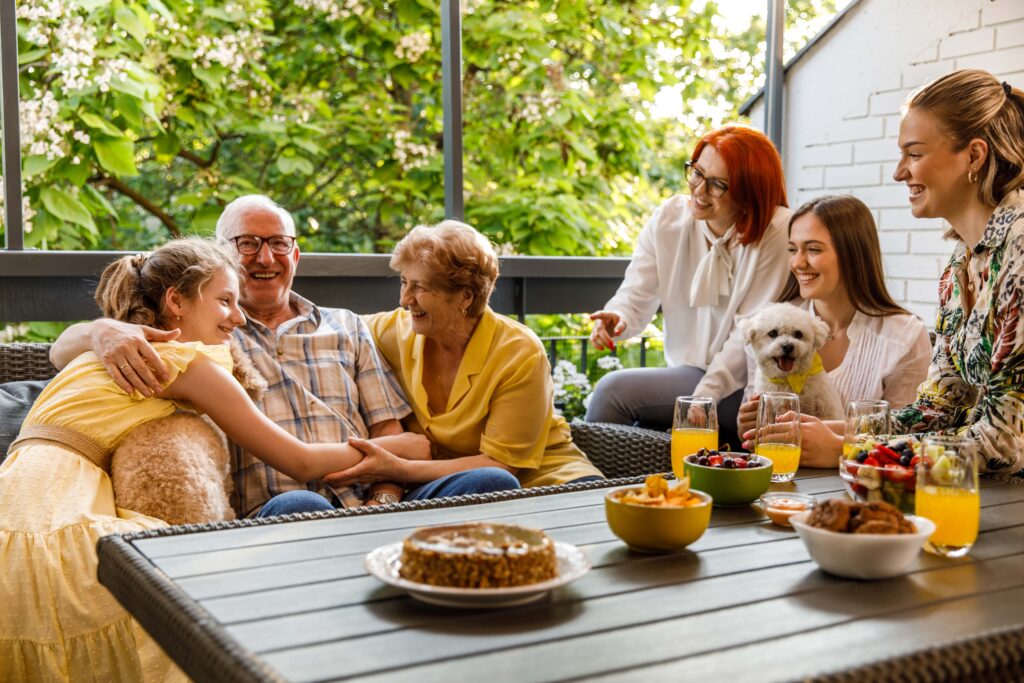
Effectively treating overactive bladder improves quality of life
Managing OAB symptoms, such as the sudden, frequent urge to urinate, can improve your daily life. Once our Houston urologists have finished diagnosing overactive bladder, they begin treating overactive bladder with the tools and methods that will be most effective for you.
Managing OAB with lifestyle changes
Lifestyle changes are one way to manage OAB symptoms. Behavioral modifications are enough to help some people manage their symptoms. For others, the changes are an important addition to their other treatment.
Here are changes our physicians recommend for treating overactive bladder.
- Avoid or limit caffeinated drinks, tea, soda, carbonated beverages, alcohol, certain citrus fruits, chocolate, spicy foods, and tomato-based recipes and foods.
- A bladder diary can help you figure out what aggravates your bladder and causes more symptoms.
- Empty your bladder once, then again in a few seconds. This is known as double voiding.
- Lose weight and/or work to stay at a healthy weight.
- Quit smoking or using any tobacco products.
- Avoid constipation whenever possible.
Bladder retraining, biofeedback and pelvic floor rehabilitation help treat symptoms
Behavioral modifications, including the following treatments, help with managing OAB.
- Bladder retraining involves making and keeping a urination schedule during the day, working up to about three to four hours between each urination.
- Biofeedback helps you strengthen your pelvic muscles, which helps you avoid urinating every time you feel the urge.
- Pelvic floor rehabilitation includes strengthening your urinary sphincter and pelvic floor muscles. A physical therapist or a member of our Houston urology team can help you learn how to perform Kegel exercises correctly.
Treating overactive bladder with medication
Our Houston urologists may prescribe certain medications to help with your OAB symptoms. Some people need vaginal estrogen therapy to help strengthen muscles and tissues in the vaginal area and the urethra, while others may need medications that help relax the bladder, reducing that “gotta go” feeling.
Minimally invasive procedures help reduce OAB symptoms
Treating overactive bladder with minimally invasive procedures is one of our physicians’ specialties. There are several ways to manage symptoms and improve your quality of life without major surgery.
- Botox injections in the bladder
- Nerve stimulation, which involves delivering electrical impulses to your bladder to help regulate the rhythm of the nerves in your bladder
- Percutaneous tibial nerve stimulation, which involves sending electrical stimulation from your tibial nerve, located in your lower leg, to your spine, to nerves that control your bladder
Major surgery for OAB is rare, but if you do need reconstructive surgery to increase your bladder capacity or other surgical procedures, our surgeons have the experience and training you can trust.
Our Houston urologists provide expertise and skilled treatment for OAB
Treating overactive bladder and managing OAB symptoms is one of the things our physicians do best. If you are struggling with the discomfort and embarrassment of OAB, contact us for an appointment.






















